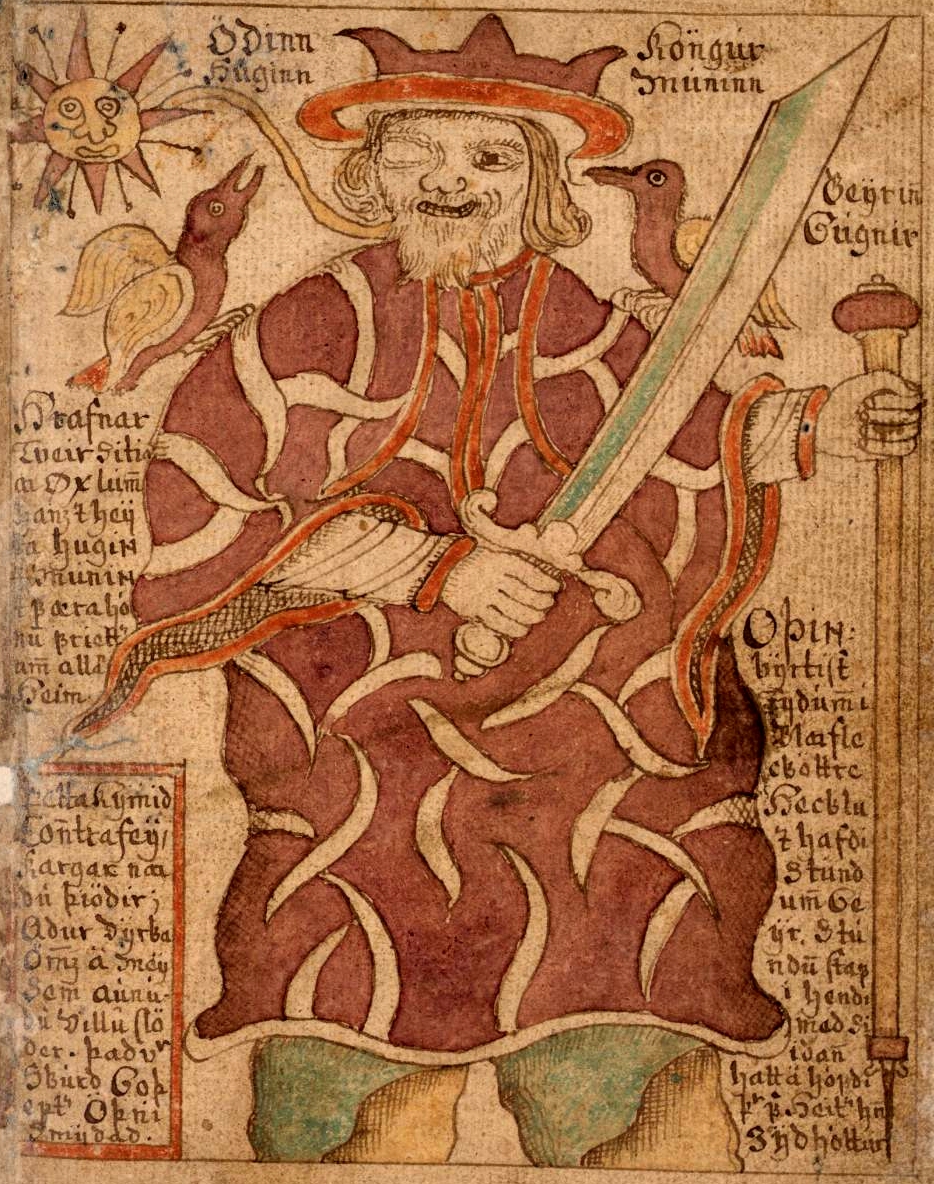| Name ▲▼ | Origin ▲▼ | Description ▲▼ |
|---|---|---|
"Christmas Decorations" | Christian | The great feast of Saturn was held in December, when the people decorated the temples with such green things as they could find. The Christian custom is the same but transferred Jesus. The holly or holy-tree is called Christ's-thorn in Germany and Scandinavia, from its use in church decorations and its putting forth its berries about Christmas time. The early Christians gave an emblematic turn to the custom, referring to the "righteous branch," and justifying the custom from Isaiah lx. 13- "The glory of Lebanon shall come unto thee; the fir-tree, the pine-tree, and the box together, to beautify the place of my sanctuary." |
"Dickepoten" | Germanic | The Jack-o'-Lantern of Mark and Lower Saxony. |
| Goddess name "Disir" | Germanic | Collective name for guardian goddesses norse / germanic |
| Goddess name "Disir" | Nordic / Icelandic / / Germanic | Collective name for guardian goddesses. They were the subject of a sacrificial ritual in autumn and have strong fertility connotations as vegetation and fertility deities. They are identified in the Sigr drifumal (Poetic Edda) and include the Valkyries and Norns of Germanic mythology.... |
| God name "Donar" | Germanic | God of the sky and thunder. germanic |
| God name "Donar" | Germanic | storm god. The god of thunder whose symbol is either a hammer or an ax. The day name Donnerstag in modern German equates with Thursday, a corruption of Thor's day.See also THOR.... |
"Duergar" | Norse / Germany | Dwarfs who dwell in rocks and hills; noted for their strength, subtilty, magical powers, and skill in metallurgy. They are the personification of the subterranean powers of nature. According to the Gotho-German myth, the duergar were first maggots in Ymir's flesh, but afterwards åśśumed the likeness of men. The first duergar was Modsogner, the next Dyrin. Norse / Germany |
"Dwerger" | German | Dwergugh or Duergar, Gotho-German dwarfs, dwelling in rocks and hills. |
| Goddess name "Eastre" | German | A goddess of healing |
"Eckhardt" | German | In German legends, appears on the evening of Maundy Thursday to warn all persons to go home, that they may not be injured by the headless bodies and two-legged horses which traverse the streets on that night. |
| Spirit name "Elben" | German | nature spirits. German |
"Elberich" | German | The most famous dwarf of German romance. He aided the Emperor Otnit (who ruled over Lombardy) to gain for wife the Soldan's daughter. |
| Goddess name "Erda" | Germanic | Very old and wise goddess of the earth germanic |
| King name "Erlking" | German | king of the elves, who prepares mischief for children, and even deceives men with his seductions. He is said to haunt the Black Forest. German |
| God name "Forseti" | Norse / Germanic | A god of justice for men & gods |
| Goddess name "Fortuna" | Roman | Goddess of good fortune. A deity who particularly appealed to women, partly in an oracular context. She is depicted carrying a globe, rudder and cornucopiae. She probably evolved from the model of the Greek goddess TYCHE. Her main symbol is the wheel of fate which she may stand upon and Renaissance artists tended to depict her thus. Among her more celebrated sanctuaries in Rome, the temple of Fortuna Redux was built by Domitian to celebrate his victories in Germany. She is depicted in a well-known stone carving in Gloucester Museum, England, holding her three main attributes.... |
| Goddess name "Frau Holle" | German | Goddess of Winter. German |
"Frau Welt" | German | A female fairy mistress according to the medieval church, the devil. |
Table of Gods
Your guide to the World gods, spirits,
demons and legendary monsters

German Mythology Names
These names occur in Germanic mythologies and legends.
